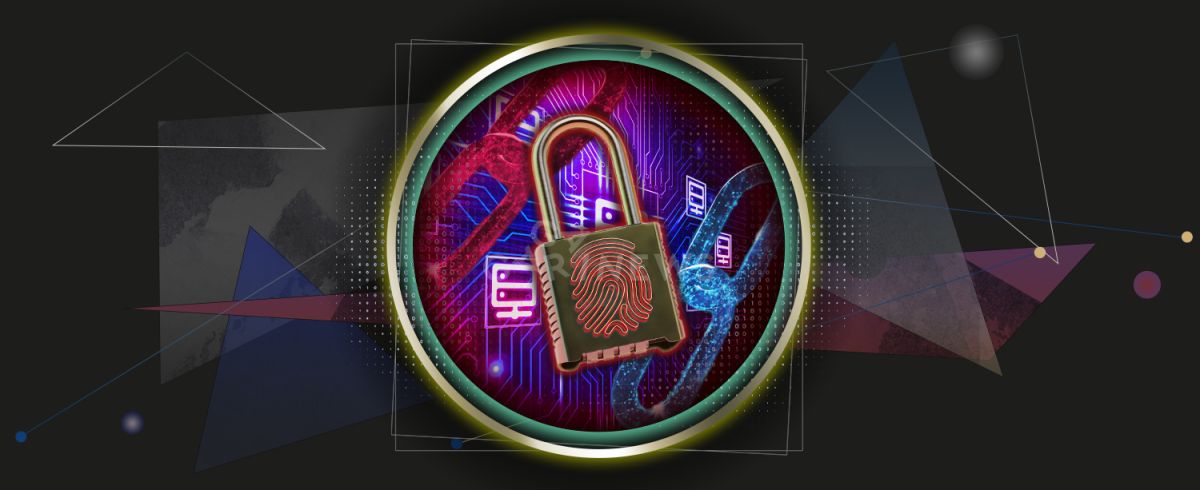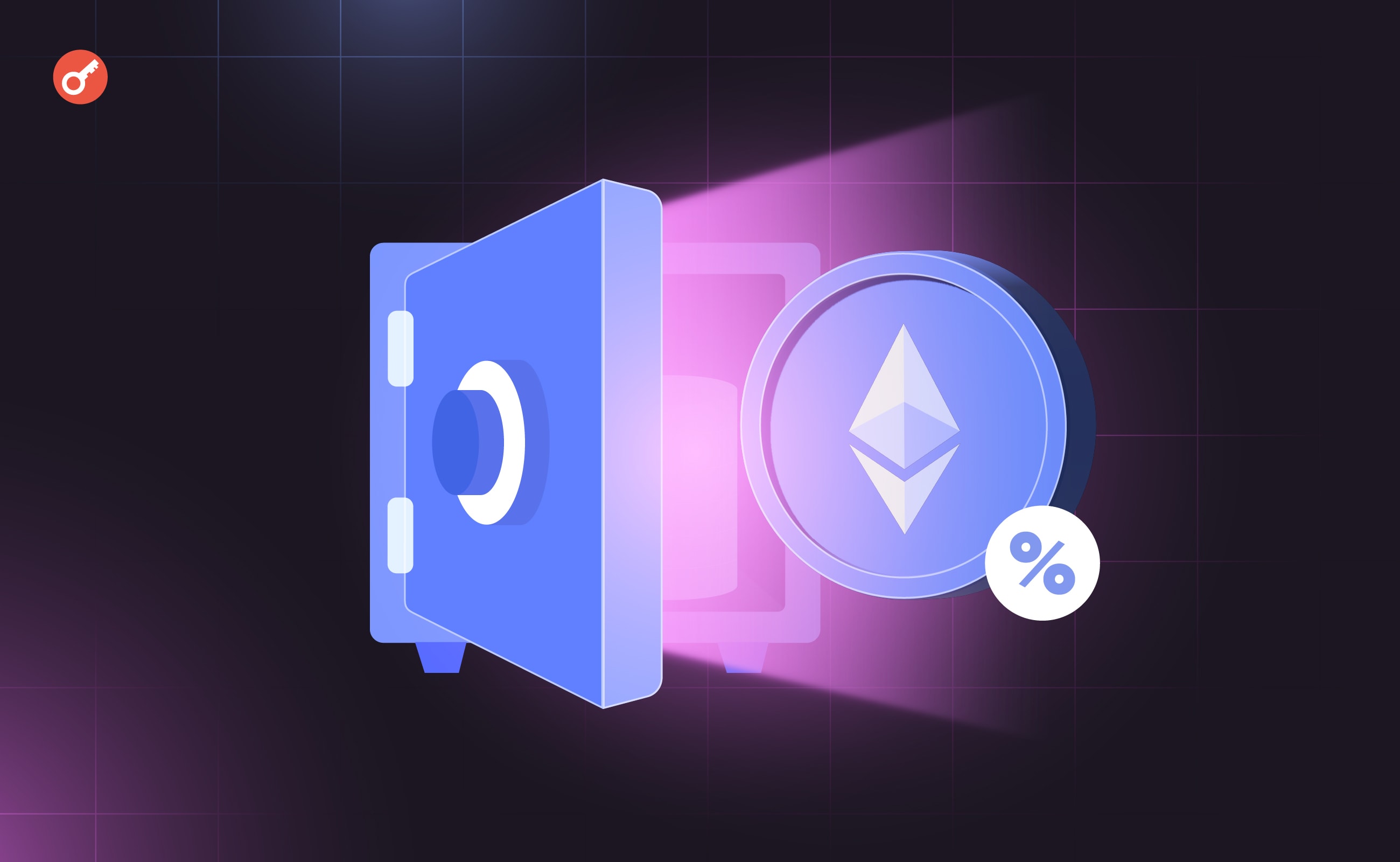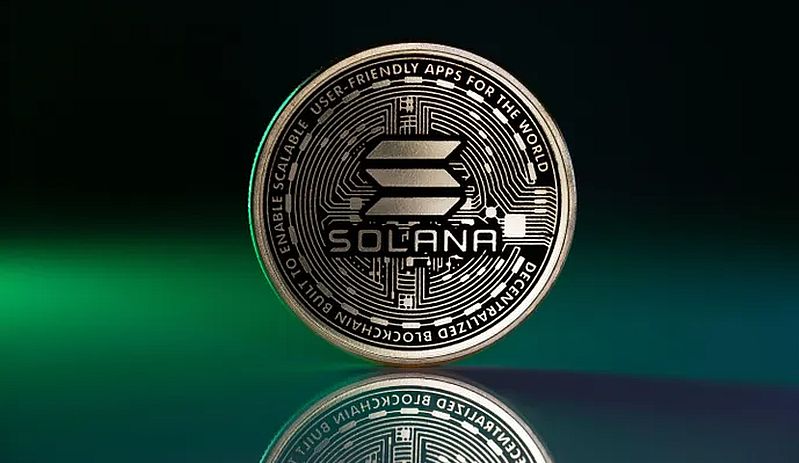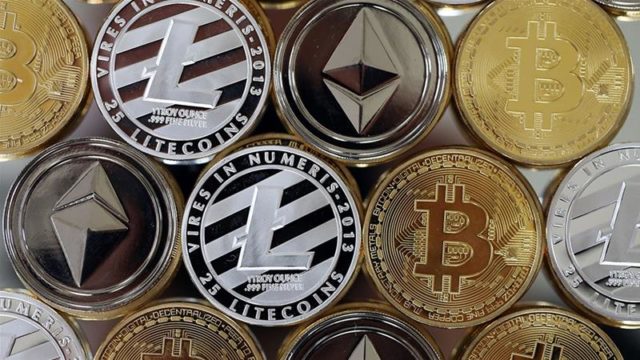What is a validator in cryptocurrency.


Thanks to cryptocurrency, it is possible to work and earn. But before doing this, you need to understand how crypto works. It will also be useful to understand what a validator is and how it can help in earning. It is necessary to understand this in simple terms to use in investing.
Understanding what a validator is in cryptocurrency is also important for beginners. It will be necessary for them to know what it is and how it will help in earning in crypto. In addition, related processes for blockchain are also important in cryptocurrency.
What is a cryptocurrency validator?

So, what is a validator in simple terms: it is a key participant in the blockchain. It is on the blocks that are part of one chain that the principle of earning in cryptocurrency is built. In particular, this refers to Bitcoin. As for the validator, it is responsible for verifying and confirming transactions in the network. Unlike traditional banking systems, where transactions are processed by central institutions, cryptocurrency networks use a decentralized structure where the functions of verifying transactions are distributed among many participants. Validators play the role of unique "judges", ensuring the reliability of operations, protecting the network, and maintaining its decentralized nature.
There is a significant difference between validators and miners, who may seem similar at first glance. For example, miners use the Proof-of-Work (PoW) algorithm, while validators use Proof-of-Stake (PoS) or similar systems. Instead of using computational power, as is the case with miners, validators place stakes in the form of cryptocurrency (the so-called "staking"), confirming their intentions and readiness to perform data verification functions in the network. This means that validators can support the functioning of the network. They also receive rewards for the services provided. Therefore, the role of validators is quite significant. For beginners, fully understanding this will undoubtedly be challenging.
What does a validator do?

The goal of a validator is quite clear and simple. First of all, they are responsible for stabilizing the entire network. The main task of the validator may become the verification of transactions. This is precisely the main objective of their work. The validator analyzes transactions and adds them to the blockchain, preventing so-called "double spending," when the same asset can be used more than once. Validators are responsible for the relevance and accuracy of the data in the network, as well as for protecting the network from attacks.

In addition to this, the validator is responsible for block validation. This means that the verification of transactions occurs, and information about them creates blocks. Blocks in the blockchain, which are unchanging, create a chain. Each block contains a multitude of data, including records of cryptocurrency transfers and information about previous blocks. Data verification is carried out according to strict rules established in the network, and the validator is entrusted with the duty to adhere to these rules.
What is required from a validator?

The work of a validator requires compliance with certain conditions. Simply wanting to become a validator is not enough to actually take such a position. There are a number of important requirements for a validator:
-
Technical equipment. A validator must be connected to the blockchain network around the clock and possess a high level of computational power. Most networks recommend using powerful servers with low response times to minimize the risk of delays and errors. Such requirements are critically important for ensuring network stability.
-
A deposit is needed for staking. To be allowed to serve as a validator, a participant must make a deposit in the form of a certain amount of cryptocurrency. This deposit serves a dual purpose: it helps the network confirm the participant's serious intentions and acts as a guarantee of their obligations. In the event of a violation of network rules, the validator risks losing part or all of their deposit, which reduces the likelihood of dishonest behavior.
This will be enough to become a validator.
How does a validator receive rewards?
Becoming a validator is beneficial in that you can receive quite a high reward for it. First of all, it involves rewards for blocks. Validators earn rewards for each successfully added block. In PoS-based networks, for creating and validating a new block, validators receive rewards in the form of new cryptocurrency. This encourages the activity of network participants and helps to maintain its operation.

Transaction fees can also serve as rewards. Validators receive fees for processing transactions. A small fee is charged for each transaction, which goes to the validator's income. This is an additional incentive for network participants, especially if the network is actively used for many operations.
What networks are available for validators?
In today's market, there are several networks where being a validator can be quite profitable. For example, there is the Proof-of-Stake (PoS) network. This includes Ethereum 2.0 or Cardano, where validators are responsible for the entire network's operation. In such systems, the right to validate blocks depends on the amount of cryptocurrency staked. The more funds a validator stakes, the higher the likelihood that they will get the right to validate a block.
Other networks can also be used for earning. For example, DPoS and LPoS. In these networks, users delegate their voting rights to other validators.
What responsibility does a validator bear?
A few words should be said about what a validator is responsible for. Besides rewards, they also have many obligations that need to be accounted for. First of all, this involves the risk of losing their deposit. If a validator violates network rules or makes mistakes, they can lose part of their deposit. This process is called "slashing" and serves as a method to ensure participant honesty. For instance, if a validator attempts to validate an incorrect transaction, their deposit may be partially or fully confiscated.
If validation is abandoned, they will also lose their money for this. If a validator operates unreliably or interrupts their work, this can harm the network. For such downtime, the validator may be fined. Therefore, reliable operation and constant connection to the network are mandatory conditions for a validator's successful activity.
Read also
- What is the Solana cryptocurrency in simple terms
- What is cryptocurrency Ethereum in simple terms
- What will happen to cryptocurrency in 2025
- What Will Happen to Bitcoin in 2025
- The Best and Most Popular Altcoins: Top 10 Rating
- How to Pay with Cryptocurrency









